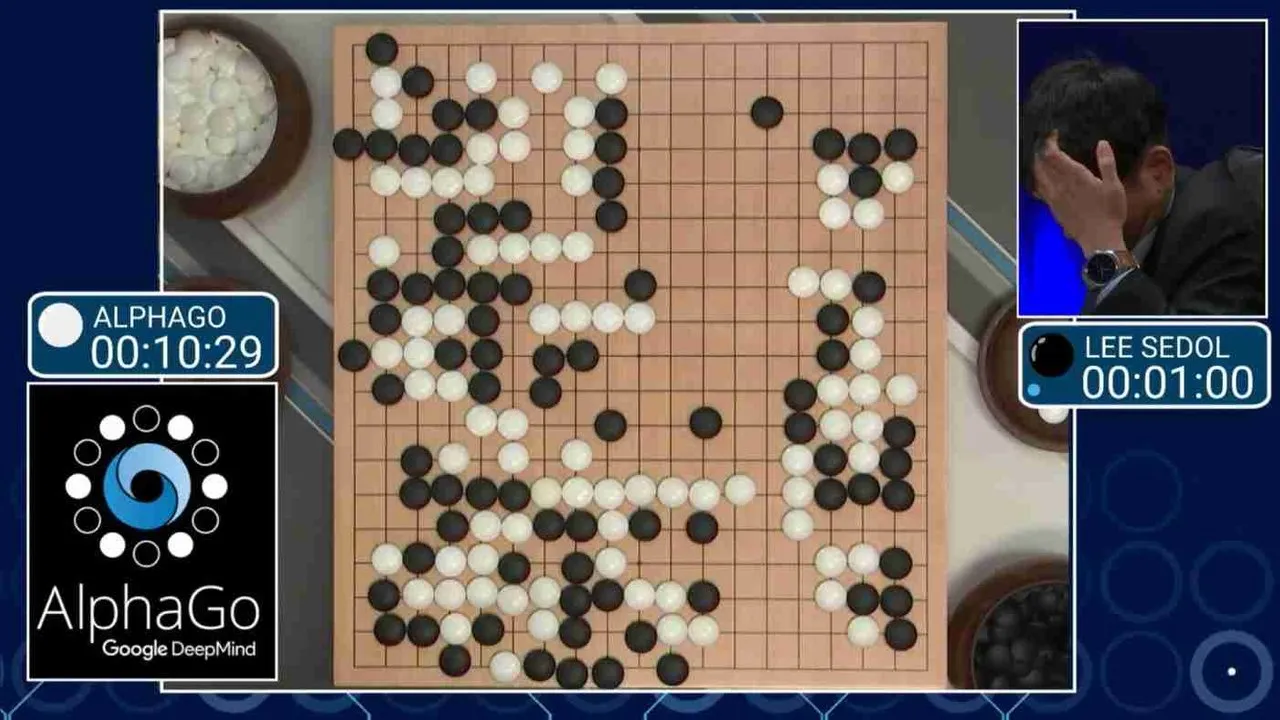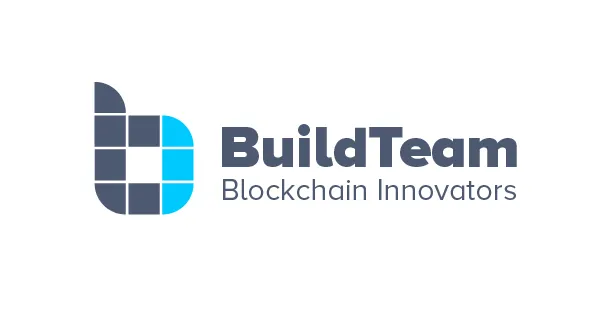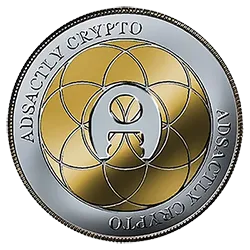

Artificial Intelligence has flown beneath the radar for the first six decades of its development and just recently it exploded in public consciousness but what may not be as obvious is that what's emerging is an amalgamation between machine intelligence and human intelligence.
Many of you must have heard about the win of Alphabet Inc's AlphaGo system over the world champion in the board game 'Go'. This match took place in March 2016 in Korea. AlphaGo won four games to one and it created what is now known AlphaGo shock. Just to be clear about this if you compare Chess which has an average number of potential moves per turn of about 37 and on the other hand Go which has an average number of potential moves per turn about 200 to 250. Every one of those potential moves has 250 after that, you can't even throw a supercomputer at that problem.


It's not surprising that the Go community was absolutely shocked when this win occurred. But South Korea recovered very quickly and a week later they announced that they were going to invest three billion dollars in Artificial Intelligence research and development, that number is astonishing.
A lot of the press said well you know it's just a game, there's not much transfer learning, doesn't really matter in the real world situations and what not. However, that win occurred in March of 2016 and in January 2016 some people at the University of Toronto published a paper on transfer reinforcement learning and they had a system that was able to play multiple games. So, if there were racquet games they could transfer their knowledge from a ping-pong game to a badminton game for example.


There is transfer learning and in 2016 Jeff Bezos from Amazon announced that he has more than a 1,000 people working on Amazon Echo connected speaker and their intelligent agent Alexa that is a virtual army of people working on AI. It's totally disrupting the playing field make no mistake about it.
“After all, the more data there is to analyse, the number of options increase as well. Soon, the number of options will be too much. We will rely on machines (more than we already do) to choose the best option”.
AI is not just game-changing technology, it is re-inventing the world we live in. One of the key algorithms for this is Deep learning which has been the champion machine learning algorithm since 2006. It was pioneered by Geoffrey Hinton at the University of Toronto.


A couple of years ago, Google and Facebook demonstrated deep neural nets that could find faces in photos as well as humans. It was a huge milestone. Now deep neural nets are driving cars, translating human speech, diagnosing medical conditions and much more.
No technology has demonstrated anything close to human-level Artificial Intelligence yet. Some argue it's impossible. Some argue that Artificial Intelligence is something that can only be exhibited by machines but then how can we tell whether a machine is actually exhibiting intelligent behavior. But many people point to the explosion of digitized knowledge.
What will be interesting to see, is if these types of learning techniques can be applied more broadly, to create human-like, strong AIs that learn much like how kids learn but at super-accelerated rates. I hope you guys enjoyed reading this post and found it informative. Please share your thoughts in the comments section below and upvote to show your support.
References and Further Reads: 1, 2 & 3
Authored by @vj1309


Today's Steemian Shoutout : @techslut
